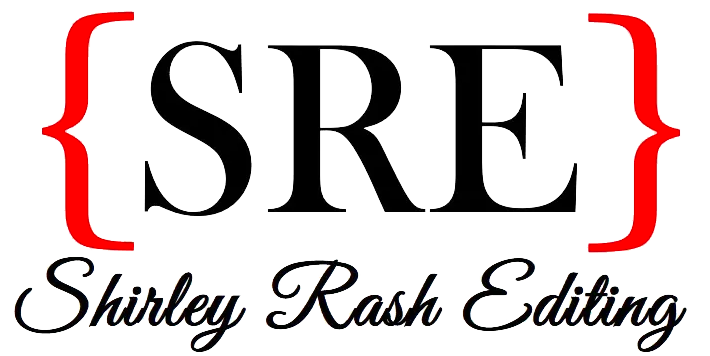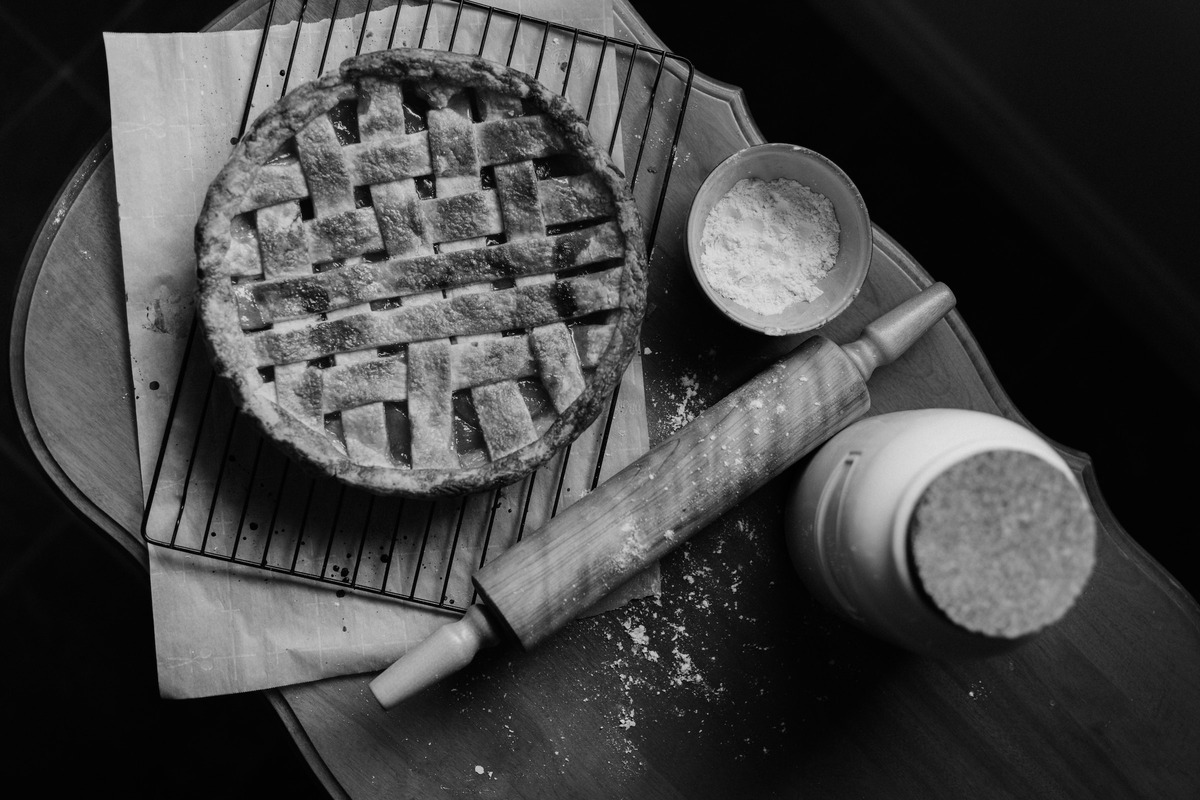One of the highlights of every summer for me personally is attending a performance (or two) from Opera in the Ozarks. I particularly love their Sunday afternoon shows where, in addition to great opera, you also get free ice cream and an hour-long opera talk before the performance.
Earlier this summer, I attended The Crucible and La Traviata at Opera in the Ozarks, and they were both excellent (as always). During the opera talk about the former, I learned about the writing method of composer, Robert Ward. As is true of many composers, he wrote the music after the libretto text was finished. What interested me the most as an editor, however, was his chosen method of doing so—he kept reading the words aloud as he worked.
When I get asked what my single top editing tip is for writers, I always say to read the text aloud. I’d actually been meaning to write a blog post on how beneficial reading aloud is, and that opera talk just reinforced that it’s an important topic to cover. Though Ward was reading aloud for musical reasons—to ensure that the words matched the music—and not editing reasons, reading aloud is still highly beneficial for writers and editors.
Continue reading

